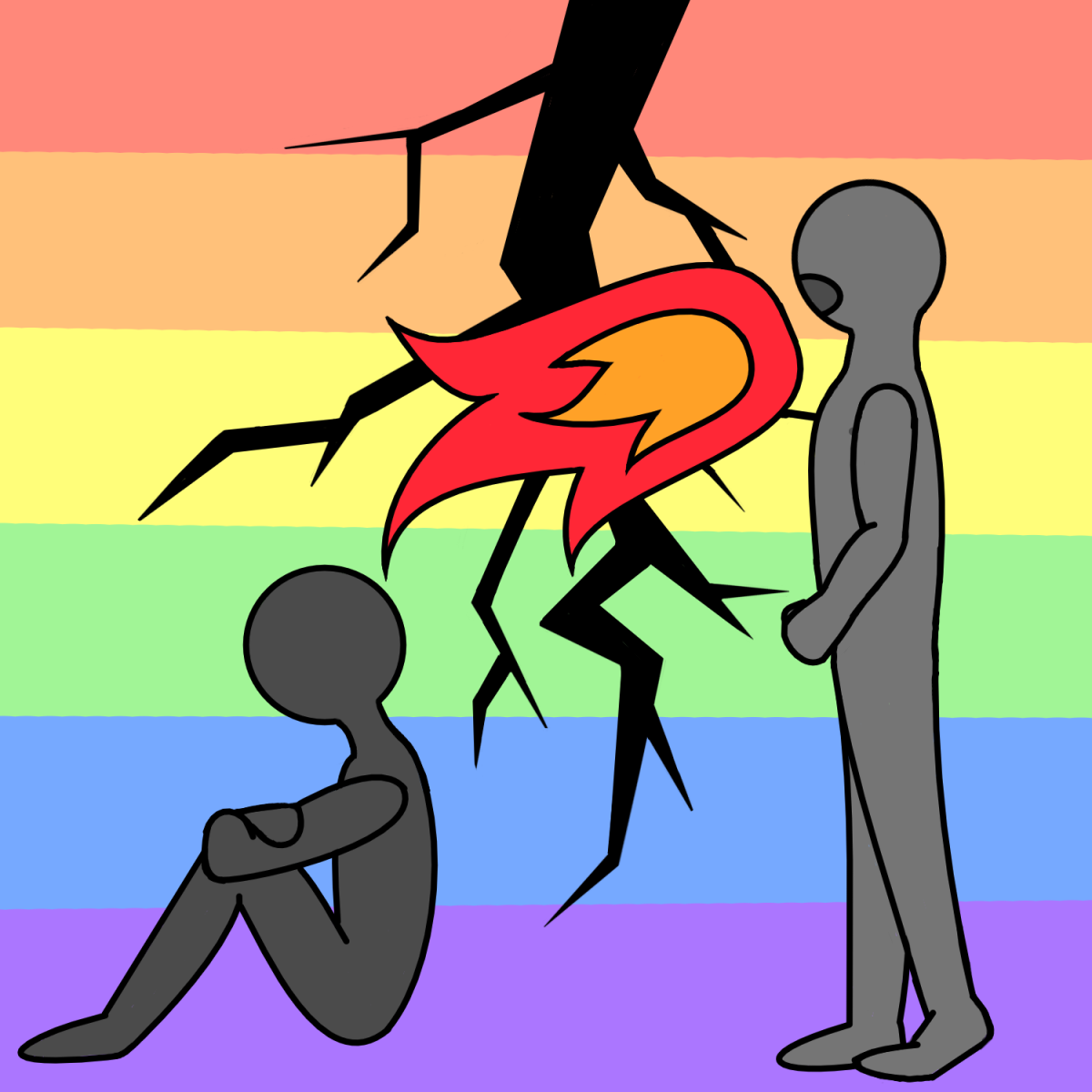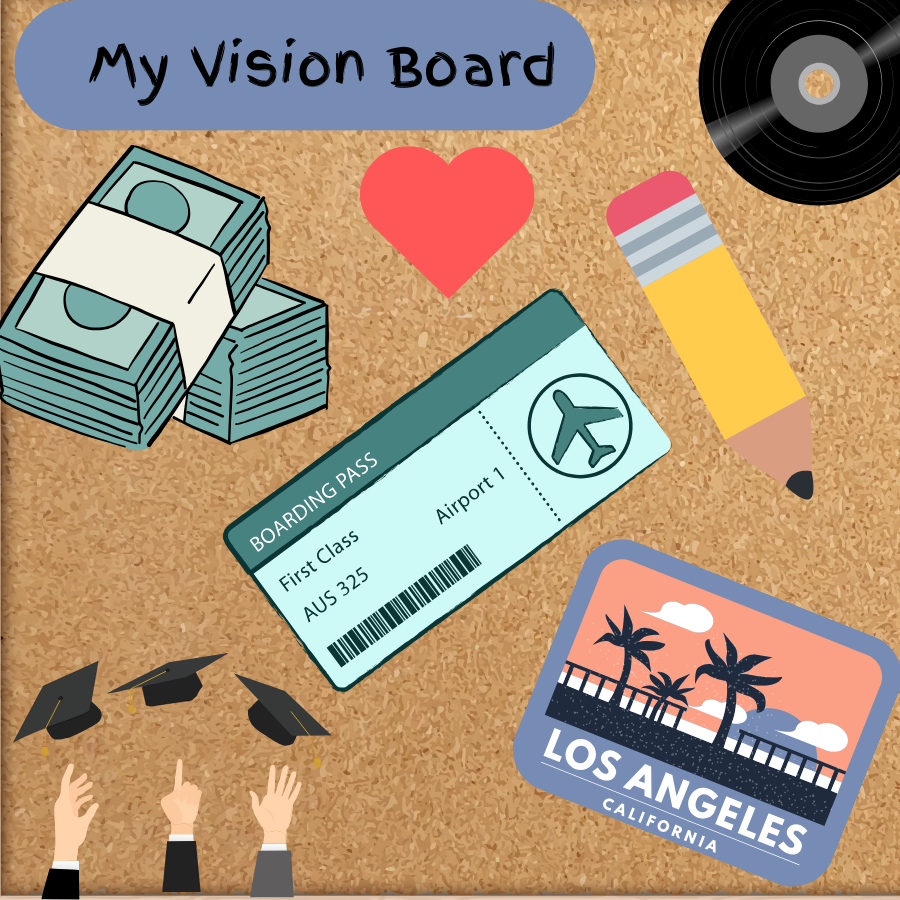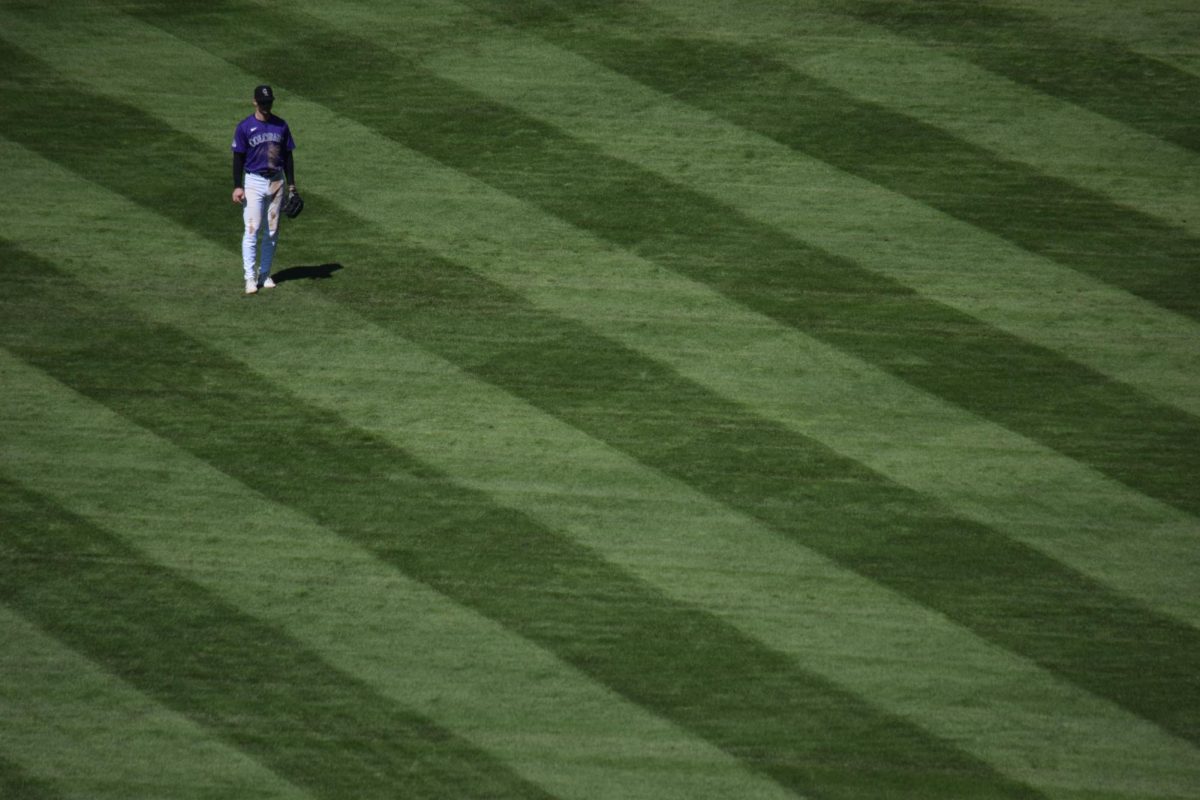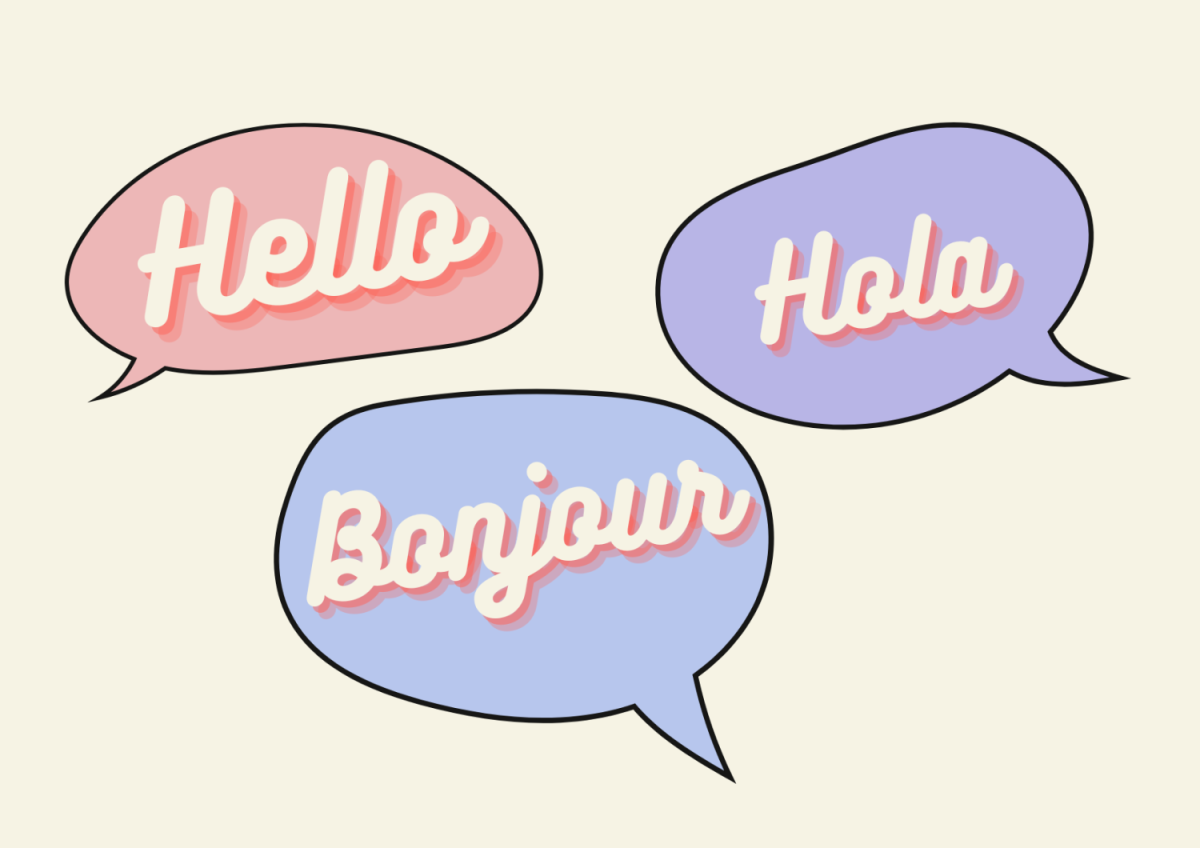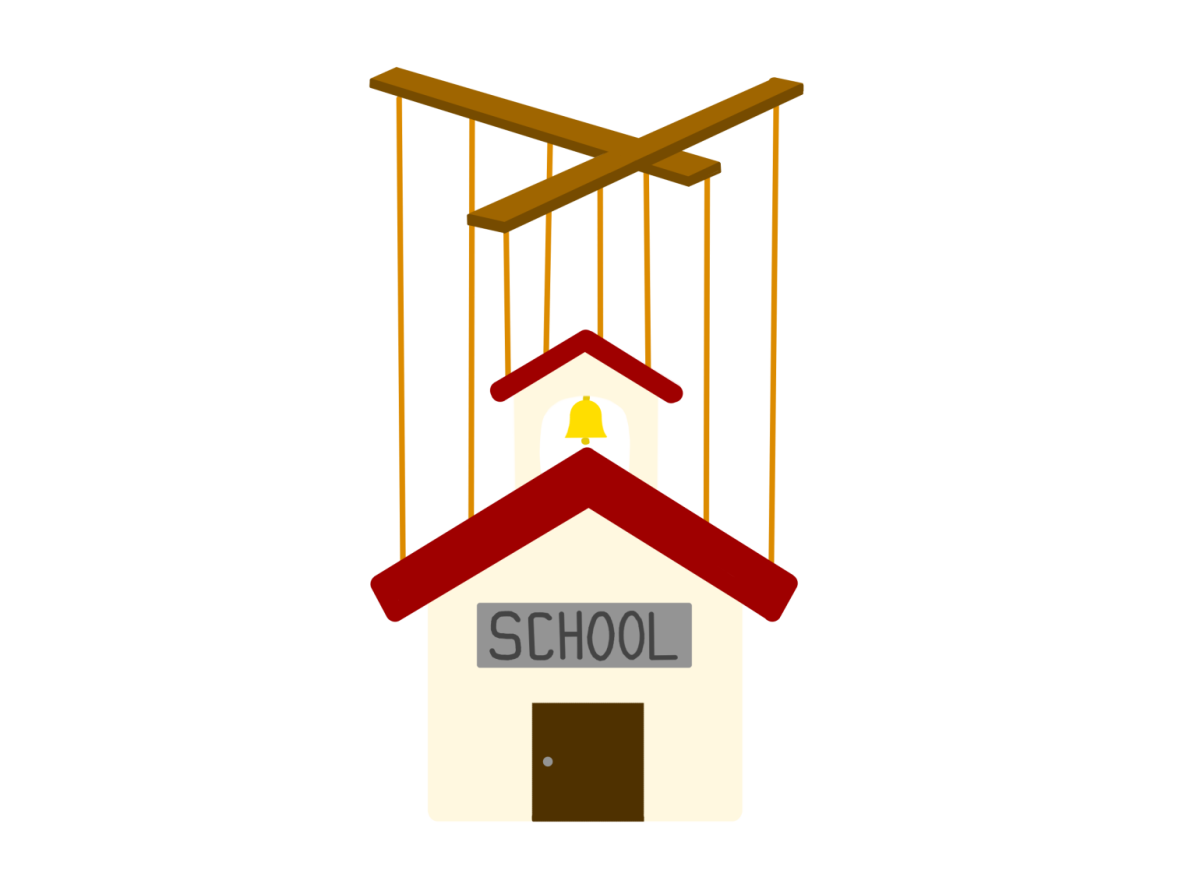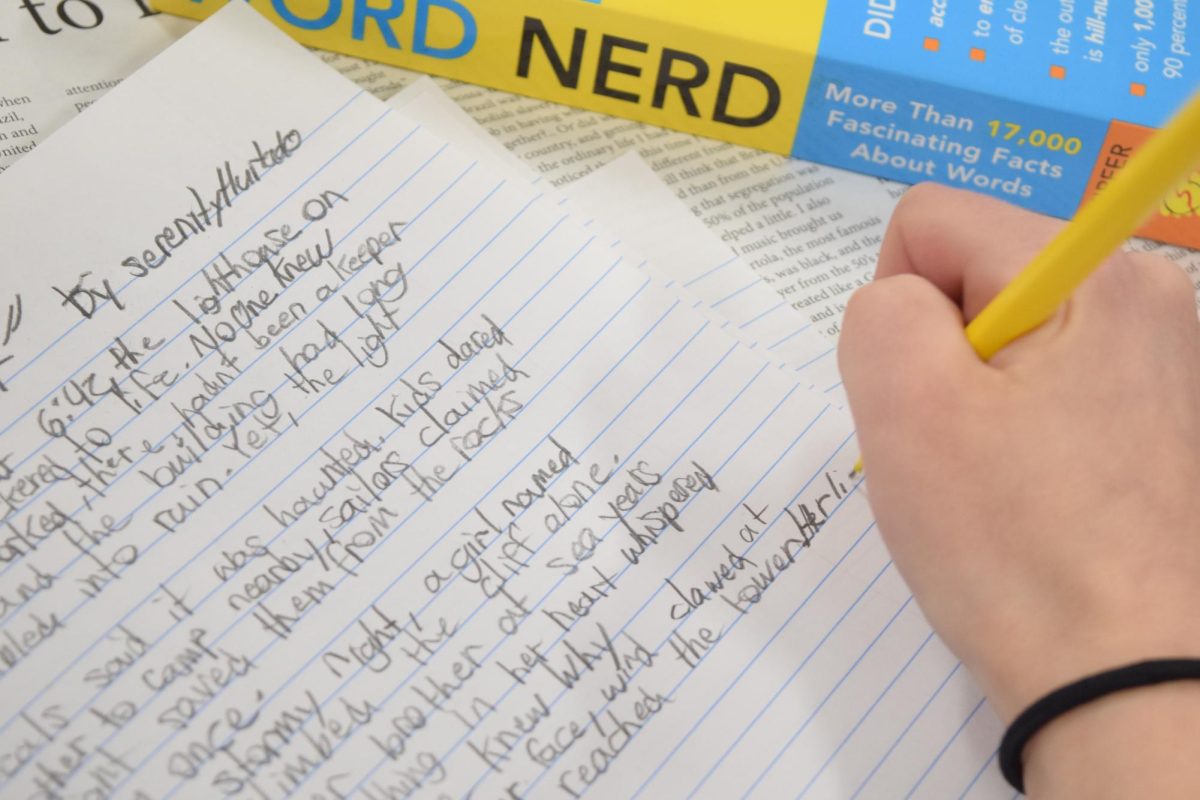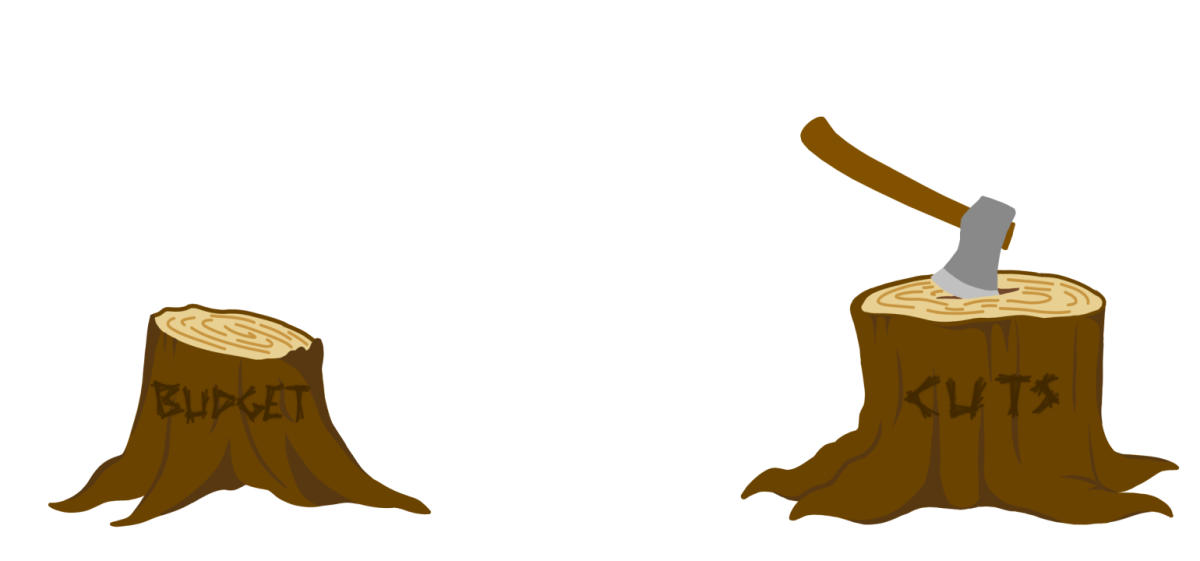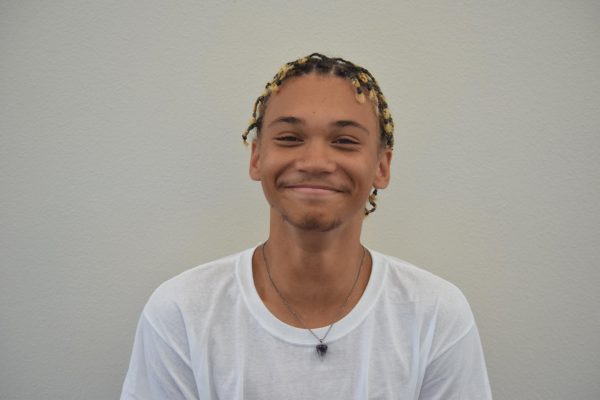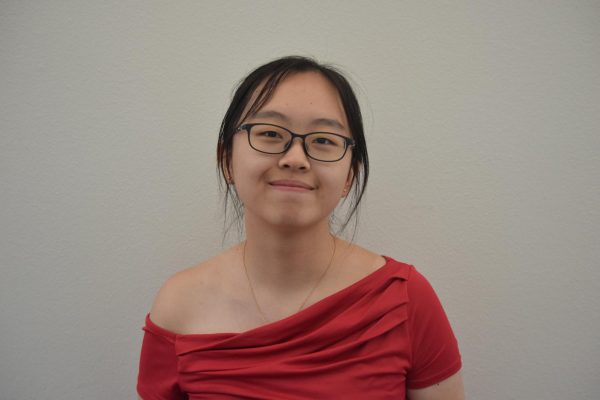Many LGBTQ+ people feel uncomfortable going to ‘LGBTQ+ safe communities,’ like the Spectrum Club at Creek. Some students fear that people in the ‘safe communities’ will be too open and say something rude, like a slur. Many people say things in a joking manner, when in reality it’s offensive and can be harmful. And sometimes, these people start acting as if they’re friends with a person that they don’t know.
Problems like these happen in a lot of safe communities, but it happens quite a lot in LGBTQ communities. People start calling others slurs as a joke, and some LGBTQ students feel as though this is less friendly and more targeted.
This hasn’t just happened in CCSD, it happens everywhere. Freshman Finch Carothers has experienced being called the f-slur by another LGBTQ student.
“It was weird, and I was uncomfortable at the time to the point [that] I stopped telling people my sexuality,” Carothers said.
Leaders of safe communities at Creek have seen this problem too, but are unaware of how to solve the problem. LGBTQ members have ideas, but some aren’t as effective as they would like it to be.
An officer of Spectrum Club, Abby Shinelis, who uses she/they pronouns, has had personal experience with being told derogatory things in school.
“I remember in middle school I was told, ‘Oh, you’re a lesbian.’ I didn’t know anything about sexuality at the time, so it didn’t disturb me. And I was like, ‘No, I’m not that,’” Shinelis said.
Some people think all LGBTQ+ safe zones are like the others, scary, and offensive. Members of the LGBTQ community sometimes think they will never be able to escape the prejudice behind being different.
Even in safe groups that say ‘no hate twenty-four-seven,; when so many bad things happen to LGBTQ+ people how can they trust these safe groups?
The ones who say these awful things might think in a way that they shouldn’t have been offensive since they wouldn’t have been if they were called that by a person in the LGBTQ+ community.
Some LGBTQ+ members say slurs all the time even to those whom they don’t know. However, it happens way too often in groups for LGBTQ members that should feel welcomed.
But one way to solve this is to watch what you say around people. Or ask if they are comfortable with being called a specific term. The worst thing you could do to someone you don’t know is assume unkind things about them.
“I can remember a lot of white girls calling me their gay best friend. And so that was definitely a weird experience. If you know people, they don’t really have an idea of how to treat people,” President of CCHS Spectrum Club, Ben Ginsberg-Margo said.
No matter the friendliness behind people, rude and backhanded comments can be made a lot.
“When I was in middle school, I was pretty flamboyant…a lot of people definitely knew or assumed things about me,” Ginsberg-Margo said.
Slurs can be hurtful especially when you think it wouldn’t happen in safe groups. But not just slurs, being called a term you never approved of, hurts just as much. Although just like any problem it has a solution.
“We need to communicate our comfort levels, and communicate, what can I say to you?” Shinelis said. “We should learn and adapt.”

